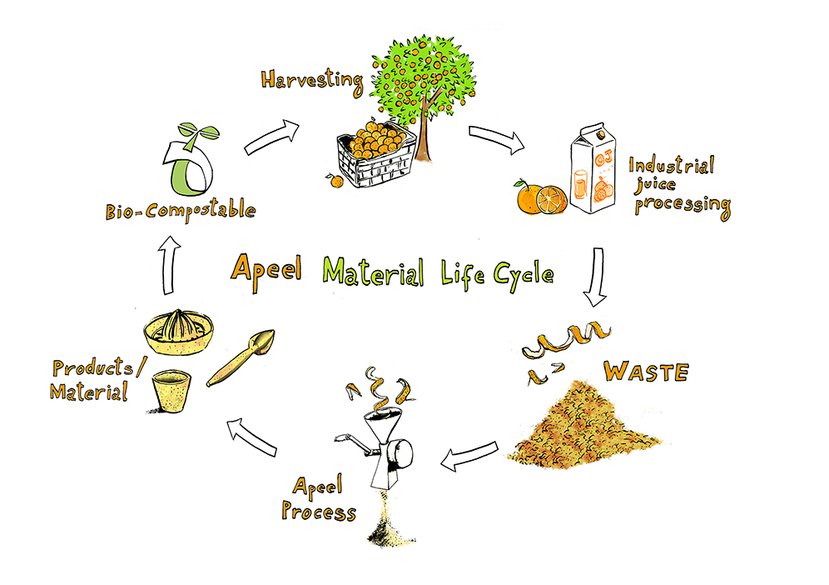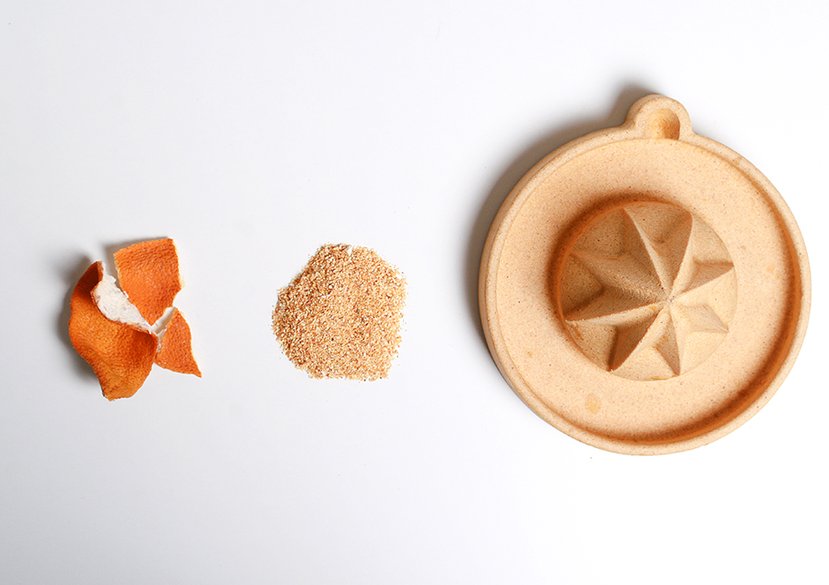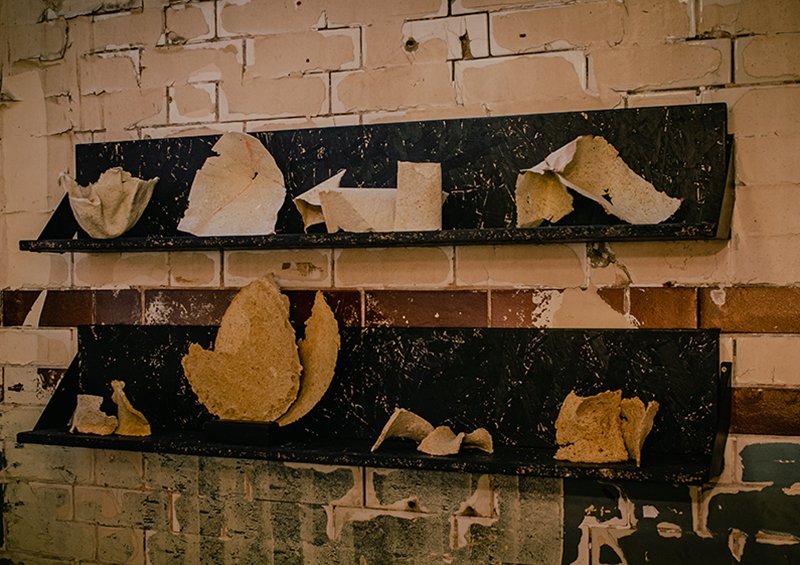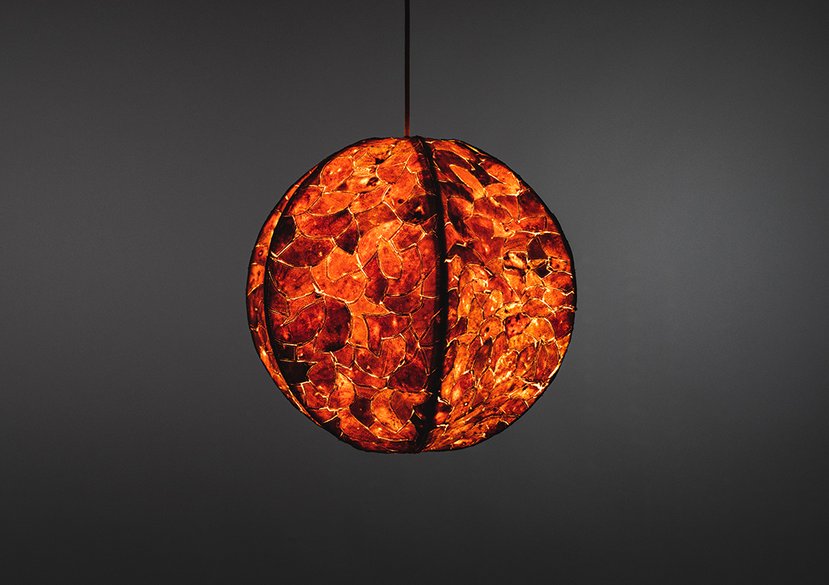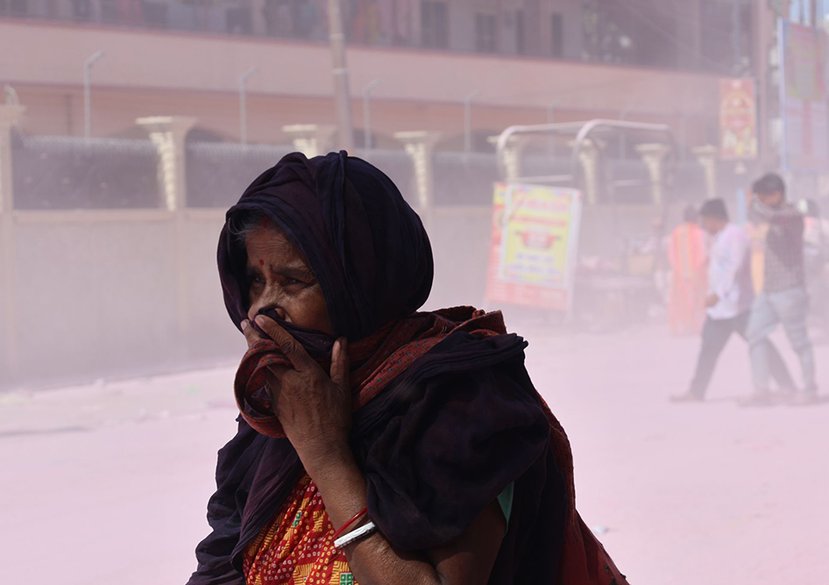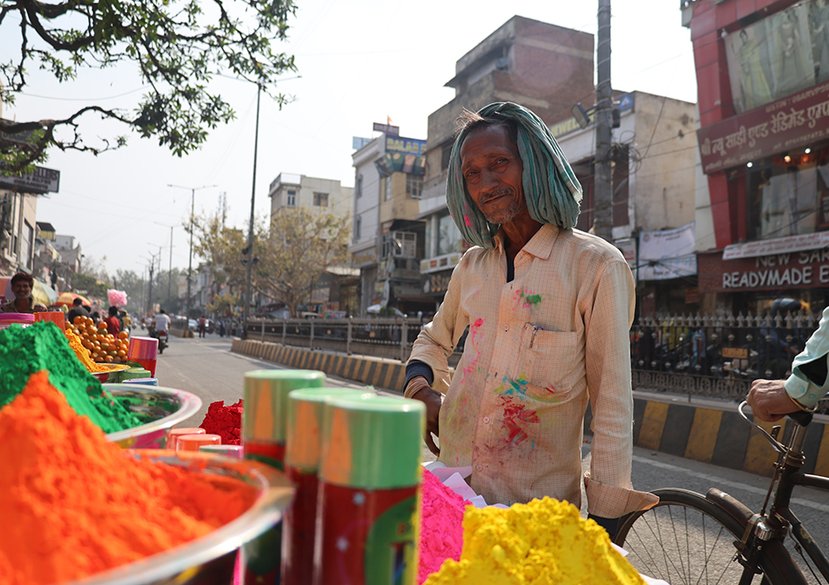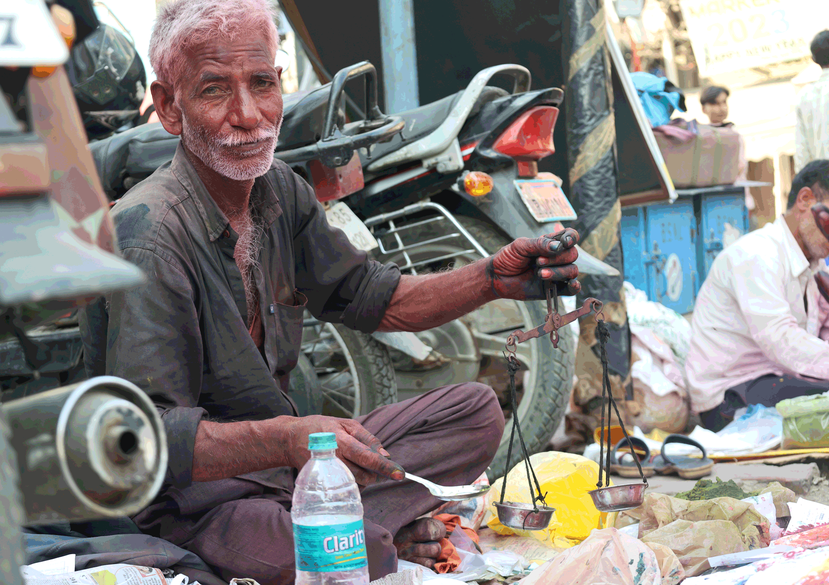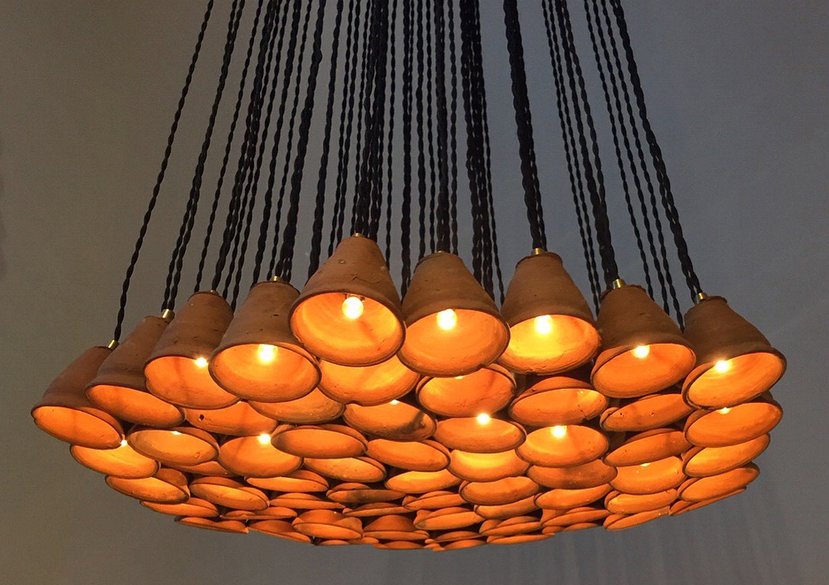
Alkesh is a British-Indian interdisciplinary practitioner, researcher and educator whose practice intersects critical design and making as methods to interrogate our understanding of design discourse from a non-Eurocentric perspective.
Alkesh is a Tutor (Research) on Graduate Diploma in Art and Design programme at the RCA, leading sessions around themes and subjects of decarbonising practice, critical making, critical and material driven design, and decolonisation of design practices. He co-leads on Artefact, a project centred on critical discourses around historical and contemporary artefacts and archives, and their roles in the decolonisation of contemporary art practices. Alkesh is a visiting lecturer at Glasgow School of Art and University for the Creative Arts. His work is part of permanent collections at the Disseny Hub, Spain and the Centre of Innovation and Design, Belgium.
Alkesh completed the MA Goldsmithing, Silversmithing, Metalwork & Jewellery (RCA) and also holds a PGCert in Creative Education (RCA).
Gallery
More information
Research interests
In 2023, Parmar started a new body of research investigating the environmental, social, and health impacts of the Holi festival. Holi, also known as the Festival of Colour and The Festival of Love, holds deep-rooted significance within Hindu tradition. It is an ancient celebration observed throughout most regions of India on the full moon day in the month of Phalgun, marking the advent of Spring. The research centred around the Braj region of India, a focal point for Holi celebrations.
This research aims to delve into the production, distribution, utilisation, and ramifications of synthetic and natural colours in the lead-up to the Holi festival, examining lost histories of rituals and localised colour production. It entails immersive engagement with local communities, encompassing interviews to elicit insights into their procurement practices, knowledge of manufacturing processes, and experiential narratives, complemented by visual documentation through videography and photography.
Together with Susannah Haslam and Rebecca Carson, Parmar initiated Material Transparencies, an interdisciplinary research project between design thinking, political philosophy and economics, and critical pedagogy. The research broadly considers how we might better know the infrastructural conditions of differently located material production supply chains, for example, binding agents such as pectin in bio-materials/resources, or specifically lignocellulosic fibres (pulp) in paper production. The ongoing research aims to configure a critical framework that constellates questions of material’s reproduction, supply chains, economic value and ecological degradation, with epistemic justice to often obscured material production processes, producing new knowledge, access and agency.
Parmar is a member of Material Engagement Research Cluster [MERC] based at the RCA and the Ecological Citizens Network also based at the RCA in collaboration with the University of York’s Stockholm Environment Institute and Wrexham University/Prifysgol Glyndŵr.
Practice
Parmar is the founder of Studio ARP. His practice combines craft techniques with social and slow-tech design thinking and low-tech production. He pioneers the use of local waste material, primarily transforming waste citrus peel into versatile new materials (APeel Materials). Alkesh’s material practice focuses on reducing reliance on alternative binding agents and substrates to maximise the inherent properties of the materials, without putting a strain on other resources and supply chains. He has developed three very different ways of working with materials research demonstrating the rematerialsation of local waste (orange rind) into three very different materials: composite, fabric and card.
His project Light-Wallah restyles one of India’s most iconic one-use throwaway items into new and exciting lighting objects, redefining material value. It uses make-shift methods to celebrate the craftsmanship of India’s most commonly known traditional pottery, the kullad (cup), thereby also highlighting the significant difference in the value of the handmade made in the UK to that in India. The project explores Parmar’s Indian heritage and journey throughout India researching traditional craft techniques working closely with local craftspeople. Light-Wallah project opens a dialogue between craftspeople and designers allowing new knowledge to be formed.
Awards
Finalist, Sky Arts Futures, 2014
Finalist, Arts Foundation - Materials Innovation, 2014.
InnovationRCA Start-up Incubation, 2012
Innovation RCA ARRC Fellowship, 2012
Finalist, SustainRCA Award, 2011
Robinson Trust Award, 2011
The South Square Trust Award, 2011
The Goldsmiths Company Precious Metal Award, 2008
Publications, exhibitions and other outcomes
(2024) Material Matters, Bargehouse. OXO Tower, London Design Festival, London, UK.
(2024) Colour Made Manifest. Pumphouse Gallery, London, UK.
(2023) Surface Design Show. Business Design Centre, London, UK.
(2022) Material Matters. Bargehouse, OXO Tower, London Design Festival, London, UK.
(2022) Transition2BIO. BioArt Gallery, Rome, Italy.
(2020) Serial Eater. Centre of Innovation and Design,Hornu, Belgium.
(2019) Summer of Ceramics. Doddington Hall, Lincoln, UK.
(2016) Transformation by Indian Design Platform, Guardian Building, King’s Cross Creative Quarter, London, UK.
(2015) Materfad Materials Design, Disseny Hub Barcelona, Spain.
(2014) RSA - The Great Recovery, Excel Centre, London, UK.
(2013) Natural Materials, Institute of Materials, Minerals & Mining, London, UK.
(2013) Food Design, MART, Rovereto, Italy.
(2013) Raw/Tec by Studiopepe, Valcucine Showroom Milan, Italy.
(2013) ECO Materials, SFIC Green Pavilion, Singapore.
(2012) Inspiring Matter, Royal College of Art, London, UK.
(2011) Materials for Living, House of Parliament, London, UK.
